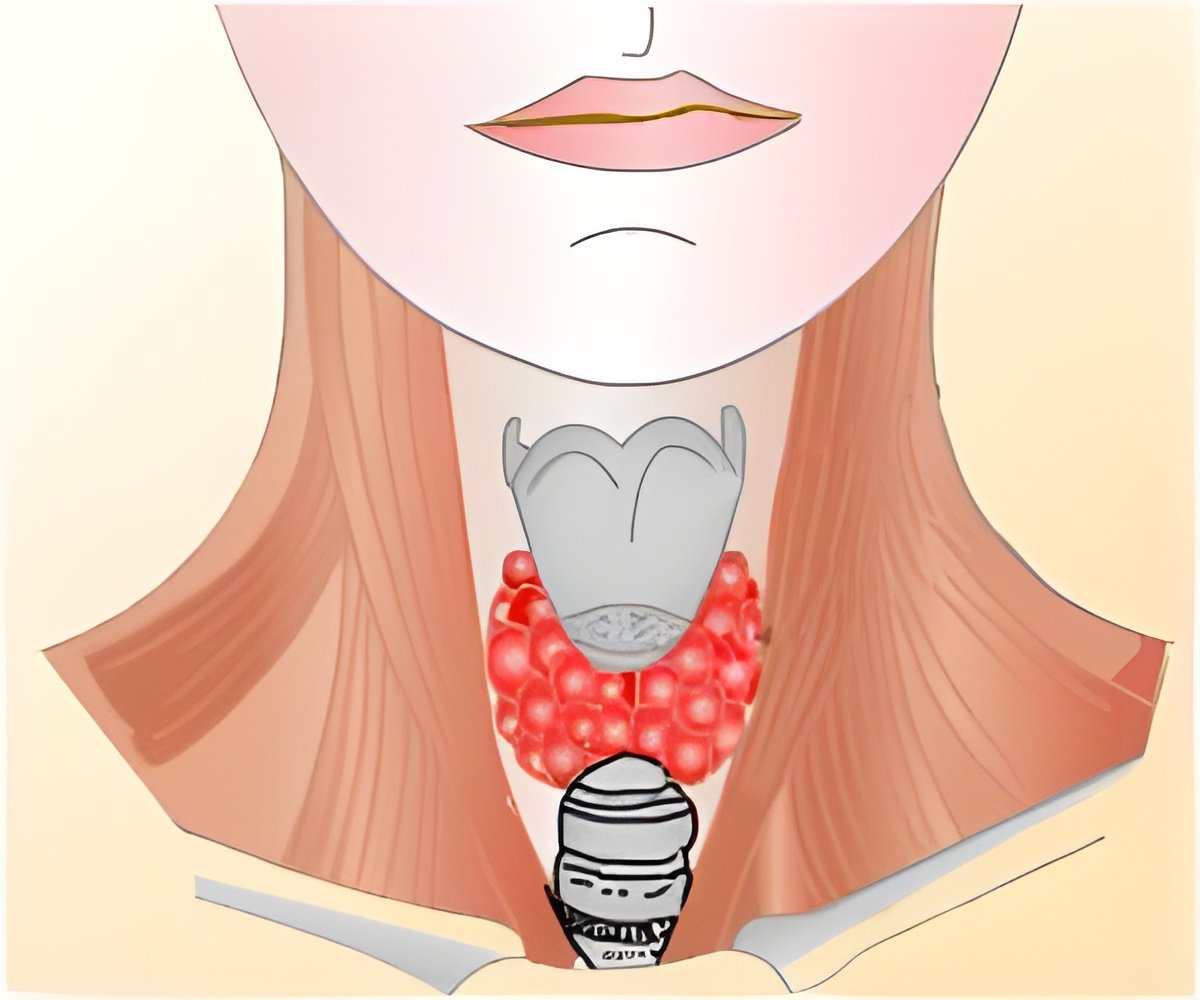
‘Levothyroxine treatment, started before pregnancy, in women with normal thyroid function and thyroid peroxidase antibodies who have a history of miscarriage or infertility, does not improve the chances of live birth.’
Tweet it Now
Miscarriage occurs in one in five women who conceive, making it one of the most common complications of pregnancy. Previous research has found a strong association between the presence of thyroid peroxidase antibodies and miscarriage. However, it was unclear from previous evidence whether treating women with normal thyroid function and with thyroid peroxidase antibodies with Levothyroxine would improve live-birth rates. The University of Birmingham has now led the largest study of its kind to investigate whether treatment with Levothyroxine would increase the rates of live births at or beyond 34 weeks gestation among women who have thyroid antibodies and also a history of miscarriage or reduced fertility.
"We were surprised by the results of our study as previous small studies suggested there could be a benefit of Levothyroxine treatment in women with thyroid antibodies."
The authors conducted a study of 940 women at 49 UK hospitals with normal thyroid function aged between 16 and 41 who were positive for thyroid peroxidase antibodies; had a history of miscarriage or infertility, and were trying to conceive naturally or with assisted conception. The study, carried out between 2011 and 2017, saw 470 women receive 50mcg daily of Levothyroxine and 470 women receive a daily placebo. The participants began taking the medication before they conceived and continued until the end of their pregnancy.
Outcomes in both groups were similar: 266 of the 470 (56.6 per cent) women who received Levothyroxine, and 274 of 470 (58.3 per cent) women who received a placebo, became pregnant; 176 women (37.4 per cent) taking Levothyroxine, and 178 (37.9 per cent) taking a placebo, had live births.
Advertisement
"International guidelines currently recommend the consideration of Levothyroxine treatment for women with thyroid antibodies, as there is thought to be minimal chance of harm and a potential to help increase the chance of having a live birth. "As our study was large and of high quality, we can now be confident that Levothyroxine does not improve pregnancy success for women with thyroid antibodies and normal thyroid function and therefore should not be recommended or used in clinical practice. This will mean no longer providing unnecessary medication to women who do not need it."
Advertisement
"In a recent survey we carried out of UK fertility clinicians almost 40 per cent said they routinely use Levothyroxine in women with thyroid peroxidase antibodies to reduce miscarriage and pre-term birth.
"We now pose the question of whether testing for thyroid peroxidase antibodies should be performed at all in women with infertility or previous miscarriages.
"While thyroid peroxidase antibodies testing may inform about future risk of progression to thyroid disease, our research has shown its treatment with Levothyroxine does not improve pregnancy outcomes and may only generate patient anxiety and unnecessary healthcare costs. "We hope that national and international guidelines are updated to remove current recommendations which advise consideration of the use of Levothyroxine in these women.
"We also hope that the current practice of routine testing of thyroid peroxidase antibodies in high risk populations such as women with miscarriage and reduced fertility is re-considered."
Source-Eurekalert















